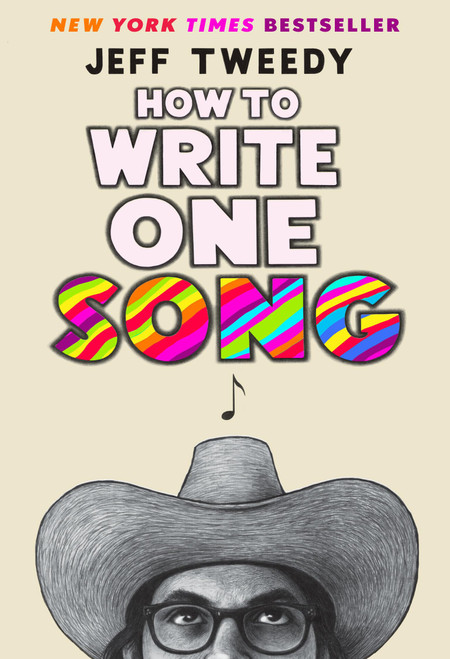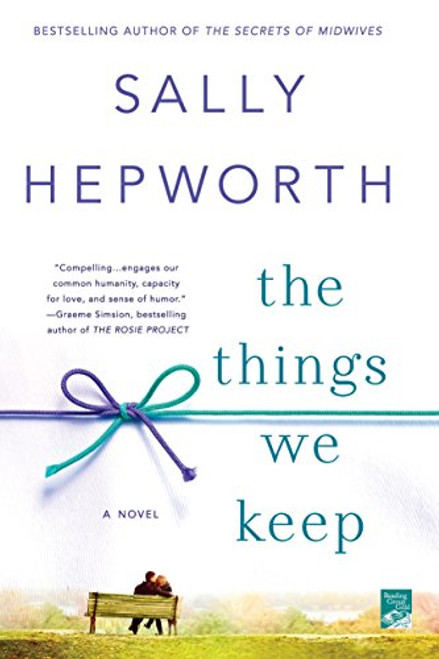Who knew the humble pocket could hold so much history? In this enthralling and always surprising account, Hannah Carlson turns the pocket inside out and out tumble pocket watches, coins, pistols, and a riveting centuries-long social and political history. Jill Lepore, author of These Truths: A History of the United States Pockets "showcases the best features of cultural history: a lively combination of visual, literary and documentary evidence. As sumptuously illustrated as it is learned this highly inventive and original book demands a pocket sequel. Jane Kamensky, Wall Street Journal Who gets pockets, and why? Its a subject that stirs up plenty of passion: Why do mens clothes have so many pockets and womens so few? And why are the pockets on womens clothes often too small to fit phones, if they even open at all? In her captivating book, Hannah Carlson, a lecturer in dress history at the Rhode Island School of Design, reveals the issues of gender politics, security, sexuality, power, and privilege tucked inside our pockets. Throughout the medieval era in Europe, the purse was an almost universal dress feature. But when tailors stitched the first pockets into mens trousers five hundred years ago, it ignited controversy and introduced a range of social issues that we continue to wrestle with today, from concealed pistols to gender inequality. See: #GiveMePocketsOrGiveMeDeath. Filled with incredible images, this microhistory of the humble pocket uncovers what pockets tell us about ourselves: How is it that putting your hands in your pockets can be seen as a sign of laziness, arrogance, confidence, or perversion? Walt Whitmans author photograph, hand in pocket, for Leaves of Grass seemed like an affront to middle-class respectability. When W.E.B. Du Bois posed for a portrait, his pocketed hands signaled defiant coolness. And what else might be hiding in the history of our pockets? (Theres a reason that the contents of Abraham Lincolns pockets are the most popular exhibit at the Library of Congress.) Thinking about the future, Carlson asks whether we will still want pockets when our clothes contain smart textiles that incorporate our IDs and credit cards. Pockets is for the legions of people obsessed with pockets and their absence, and for anyone interested in how our clothes influence the way we navigate the world.
Pockets: An Intimate History of How We Keep Things Close (-)
MSRP:
Was:
Now:
$24.67 - $39.97
(You save
)
(No reviews yet)
Write a Review

Write a Review

Pockets: An Intimate History of How We Keep Things Close (-)
- SKU:
- UPC:
- 9781643751542
- Maximum Purchase:
- 2 units
- Binding:
- Hardcover
- Publication Date:
- 9/12/2023
- Release Date:
- 9/12/2023
- Author:
- Carlson, Hannah
- Language:
- English: Published; English: Original Language; English
- Pages:
- 320

We Keep the Dead Close: A Murder at Harvard and a Half Century of Silence
MSRP:
Was:
Now:
$11.87 - $25.37

The Words We Keep
MSRP:
Was:
Now:
$15.93 - $21.27

The People We Keep
MSRP:
Was:
Now:
$14.81 - $22.20

Dutton
How to Write One Song: Loving the Things We Create and How They Love Us Back
MSRP:
Was:
Now:
$17.22 - $26.34

The Things We Make: The Unknown History of Invention from Cathedrals to Soda Cans
MSRP:
Was:
Now:
$19.75 - $22.26

How We Live Is How We Die
MSRP:
Was:
Now:
$22.34 - $30.39

We Can't Keep Meeting Like This
MSRP:
Was:
Now:
$11.99 - $17.24
!


